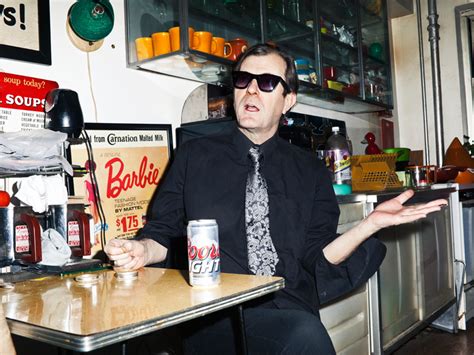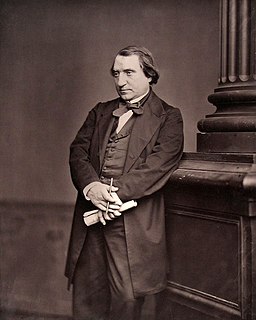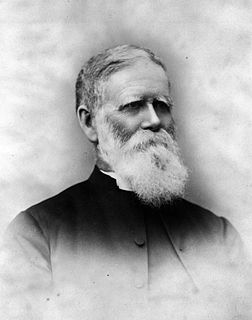A Quote by Gilles Deleuze
The morality of customs,the spirit of the laws, produces the man emancipated from the law.
Related Quotes
If laws were real they wouldn’t need to be enforced, because if they were real they couldn’t be broken. Try breaking the law of gravity. Now that’s a law. Laws made by man are rules reflecting the current status of his moral codes. As he alters and whittles away his morality, casting bits and pieces aside, his codes change to reflect it.
Morality has been conceived up to the present in a very narrow spirit, as obedience to a law, as inner struggle between opposite laws. As for me, I declare that when I do good I obey no one, I fight no battle and win no victory. The cultivated person has only to follow the delicious incline of his or her inner impulses. Be beautiful and then do at each moment whatever your heart may inspire you to do. This is the whole of morality.
Sport carries on without deviation the mechanical tradition of furnishing relief and distraction to the worker after he has finished his work proper so that he is at no time independent of one technique or another. In sport the citizen of the technical society finds the same spirit, criteria, morality, actions and objectives in short, all the technical laws and customs which he encounters in office or factory.
Morality makes stupid.- Custom represents the experiences of men of earlier times as to what they supposed useful and harmful - but the sense for custom (morality) applies, not to these experiences as such, but to the age, the sanctity, the indiscussability of the custom. And so this feeling is a hindrance to the acquisition of new experiences and the correction of customs: that is to say, morality is a hindrance to the development of new and better customs: it makes stupid.
Every thing useful and beneficial to man, seems to be connected with obedience to the laws of his nature, the inclinations, the duties, and the happiness of individuals, resolve themselves into customs and habits, favorable, in the highest degree, to society. In no case is this more apparent, than in the customs of nations respecting marriage.
The Man of Genius may at the same time be, indeed is commonly, an Artist, but the two are not to be confounded. The Man of Genius,referred to mankind, is an originator, an inspired or demonic man, who produces a perfect work in obedience to laws yet unexplored. The artist is he who detects and applies the law from observation of the works of Genius, whether of man or nature. The Artisan is he who merely applies the rules which others have detected. There has been no man of pure Genius, as there has been none wholly destitute of Genius.
A free thinker used to be a man who had been educated on ideas of religion, law, morality, and had arrived at free thought by virtue of his own struggle and toil; but now a new type of born freethinker has been appearing, who’ve never even heard that there have been laws of morality and religion, and that there are authorities, but who simply grow up with negative ideas about everything, that is savages.
We might think of dollars as being 'certificates of performance.' The better I serve my fellow man, and the higher the value he places on that service, the more certificates of performance he gives me. The more certificates I earn, the greater my claim on the goods my fellow man produces. That's the morality of the market. In order for one to have a claim on what his fellow man produces, he must first serve him.

































